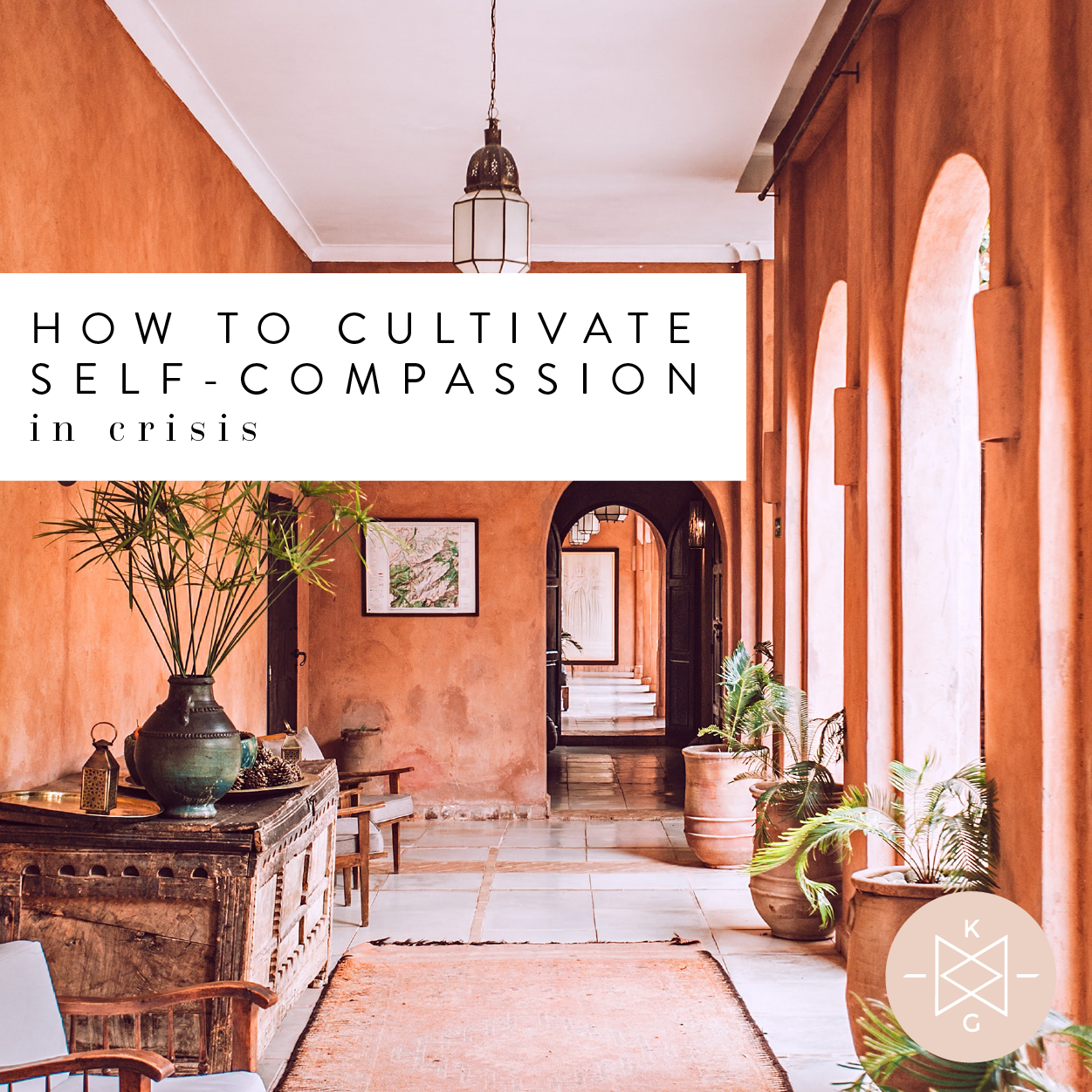How to Cultivate Self-Compassion in Crisis
You may have noticed your inbox building to new levels lately. The gist of each message? Anxiety and how to feel less of it during these challenging Covid-19 times. Don’t get me wrong: many of said emails are very helpful. However, I believe we are missing a big point if we fail to understand this: anxiety and fear are there for a reason. They are not invasive emotions haphazardly trying to wreak havoc on your otherwise lovely life.
Human beings are wired for survival. The most primal part of us is our instinct—this animal-esque tendency to do one thing and do it efficiently: procure dinner.
You know what has aided this process for all of history? A fear response you know all too well: fight or flight (or freeze.) When our survival is threatened, this response kicks in to let us know we need to either run like hell or go into combat (or blend in with the trees).
That said, fear is very much our friend when we learn to work with and not against it. I’ve heard it said the impaired version of fear is anxiety. It’s the fear of a fear. So not nearly as helpful. In fact, it’s downright ephemeral…and paralyzing! However, I believe still helpful because it helps us identify what’s lying underneath—a fear that wants to somehow keep us safe.
Why is this helpful to you right now? Because how you move through this time will be defined by how you feel about it. Feelings dictate behavior. You know what dictates feelings? Yep…those often-pesky thoughts.
All the well-meaning people sending you emails about how to reduce anxiety have important things to say. I believe if we could dial back anxiety levels even by five percent, we’d be able to open ourselves up to a lot more opportunities these days.
However, if we think our fear and anxiety are something bad that needs to be fixed, we will only prolong feeling them. Remember? Our thoughts create our emotions. We’ll become anxious about being anxious and the hamster wheel keeps spinning! Eek!
This is why self-compassion, or the practice of being kind to yourself, is a far better approach.
It takes away all the pressure to fix you and your unruly emotions. Feeling bad about our stuck sense of anxiety during these unprecedented times is a crapshoot and will not bring about the change we are looking to experience. Being kind to yourself in the midst of it will. This approach allows us to then do the things we need to in order to process and experience change.
Science shows us that when we shame ourselves, we actually shut down the parts of our brains necessary for learning, motivation, and creativity. Beating yourself up for being in the predicament you’re in will not aid the change process. Quite the contrary.
But when we practice self-compassion, or an inner dialog that is kind instead of critical, we literally bathe our nervous system in dopamine, the neurotransmitter or messenger that communicates pleasure, among other things, between cells in your body. Dopamine is responsible for turning on the parts of our brain needed for…you guessed it: learning, creating, and staying motivated to move forward.
The more we practice the power of being kind to ourselves in the midst of this crisis, the more quickly we will be able to find personal and collective solutions necessary to move through it.
Want to learn a bit more about how to do this? Join me this coming Thursday at 3pm CST for an Instagram live discussion where we will explore how to cultivate Self-Compassion during crisis.
Love & Gratitude,
Katie

